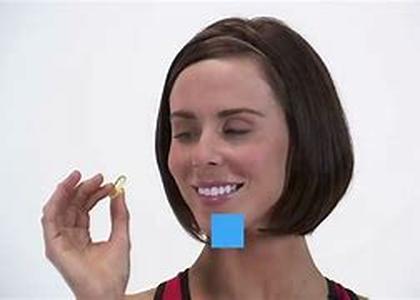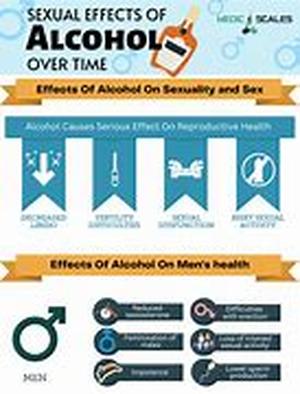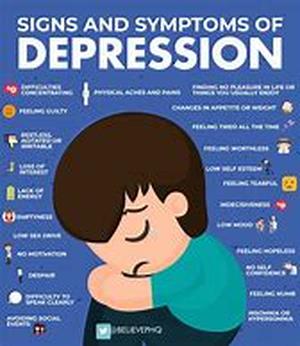
Described As A State Of Sadness, Melancholia Or Despair That Has Advanced To The Point Of Disruptive To An Individuals Social Functioning Andor Activities Of Daily Living, Clinical Depression Is A Common Condition, Affecting About 16 Of The Population On At Least One Occasion In Their Lives. In Some Western Countries, The Condition Is More Common. For Instance, In Australia, One In Four Women And One In Six Men Will Suffer From Clinical Depression. In The US, Clinical Depression Is The Current Leading Cause Of Disability, And According To The World Health Organization, It Is Expected To Become The Second Leading Cause Of Disability Worldwide After Heart Disease By The Year 2020.SymptomsThe Symptoms Of Clinical Depression Are Varied And Often Partake Of Emotions And Feelings That Are Commonly Experienced Even By People Who Are Not Depressed. As Such, Health Practitioners Must Determine The Proper Diagnosis Through The Application Of A Number Of Symptomatic Criteria, As Suggested In The DSM-IV-TR Or ICD-9ICD-10. According To The DSM-IV-TR Criteria For Diagnosing Clinical Depression, A Person May Be Deemed As Clinically Depressed If He Or She Exhibits One Of The Following Two Elements For A Period Of At Least Two Weeks: Depressed Mood, Or AnhedoniaThis Combined With Any Five Of The List Of Other Symptoms Experienced Over The Same Two-week Period Is Sufficient To Diagnose Clinical Depression In A Person: Feelings Of Overwhelming Sadness Or Fear Or The Inability To Feel Emotion (feelings Of Emptiness) A Lessening Of Interest Or Pleasure In All, Or Almost All, Activities Of The Day, Even Those Previously Enjoyed Changes In Appetite And Marked Weight Gain Or Loss Disrupted Sleep Patterns, Which May Result In Insomnia, Loss Of REM Seep, Or Excessive Sleep (hypersomnia) Agitation Affecting The Psychomotor Functions, Or Retardation Nearly Every Day Feelings Of Fatigue, Mental Or Physical Loss Of Energy Feelings Of Guilt, Helplessness, Despair, Anxiety Or Fear Difficulty Concentrating Or Making Decisions A Generalized Slowing Of Cognition, Including Memory Recurring Thoughts Of Death, Or Suicide, Including Suicide AttemptsIt Is Possible That An Individual May Be Diagnosed With Clinical Depression Even Though He Or She Does Not Meet All Of The Criteria. Moreover, The Debate Over The Relative Importance Of Genetic Or Environmental Factors, Or Gross Brain Problems As Against Psychosocial Functioning, Is Still Currently Ongoing. TreatmentThe Important Thing To Note When It Comes To The Treatment Of Clinical Depression Is That It May Be Different For Each Individual. In Fact, The Treatment Methods Used May Be As Varied As The Symptoms Of Clinical Depression Are. However, The Two Primary Modes Used In Treating The Condition Are Typically: Medication And Psychotherapy. When Chemical Treatment Fails, A Third Treatment Mode May Be Introduced, Called Electroconvulsive Therapy (ECT).





